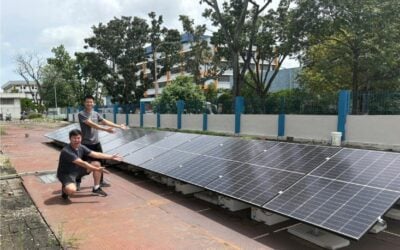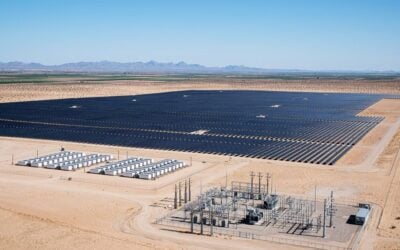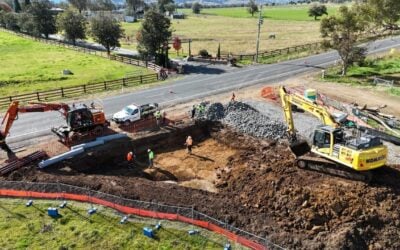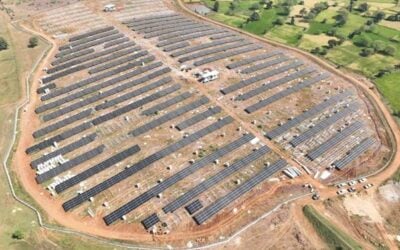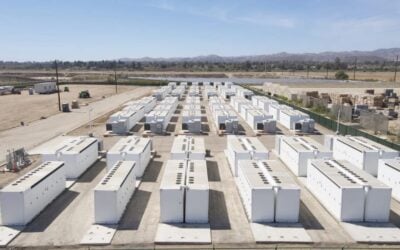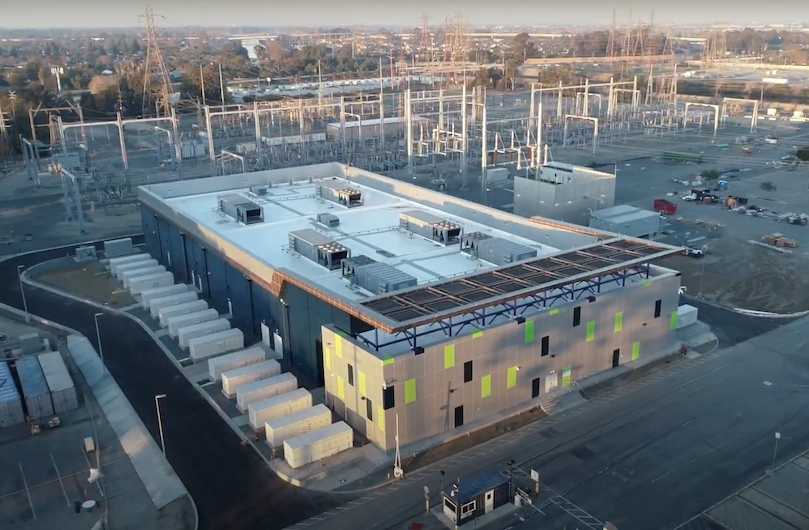
An interdisciplinary study conducted over three years by the Massachusetts Institute of Technology (MIT) Energy Initiative has found energy storage can be a key enabler for the clean energy transition.
A 387-page report has been published as the study came to an end. Called ‘The future of energy storage,’ it’s part of a MIT EI series, which includes previously published work on other technologies like nuclear, solar and natural gas and the role each has to play – or not – in decarbonisation, while making energy affordable and reliable.
Enjoy 12 months of exclusive analysis
- Regular insight and analysis of the industry’s biggest developments
- In-depth interviews with the industry’s leading figures
- Annual digital subscription to the PV Tech Power journal
- Discounts on Solar Media’s portfolio of events, in-person and virtual
The study has been designed to inform government, industry and academics of the role energy storage can play in charting the path to electrification and decarbonisation of the US economy while focusing on making energy access just and affordable.
It also looked at other regions such as India for examples of how energy storage can play its part in more emerging economies.
Its main takeaway is that as solar and wind come to take greater shares of energy generation, it will be energy storage that enables what the authors called “deep decarbonisation of electric power systems… without sacrificing system reliability”.
Substantial investments into effective energy storage technologies of different kinds will be required, alongside investments into transmission systems, clean power generation and demand-side flexibility management, the study said.
“Electricity storage, the focus of this report, can play a critical role in balancing electricity supply and demand and can provide other services needed to keep decarbonised electricity systems reliable and cost-effective,” it said.
The report also recommends that to facilitate investment, governments have a role to play, in market design and in supporting pilots, demonstration projects and R&D. The US Department of Energy (DoE) is currently rolling out its programme ‘Long duration energy storage for everyone, everywhere,’ a US$505 million initiative that includes funding for demonstrations.
Other takeaways include the opportunity that exists to locate energy storage facilities at existing or retired thermal power generation sites. That’s something that has already been seen at places like Moss Landing or Alamitos in California, where some of the world’s biggest battery energy storage system (BESS) installations have been built already, or in Australia, where a number of major power generation companies plan to site BESS capacity at retiring coal power plants.
The full report can be downloaded here.

